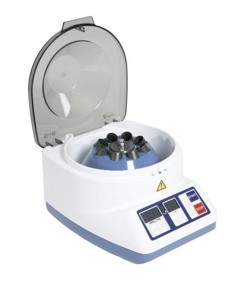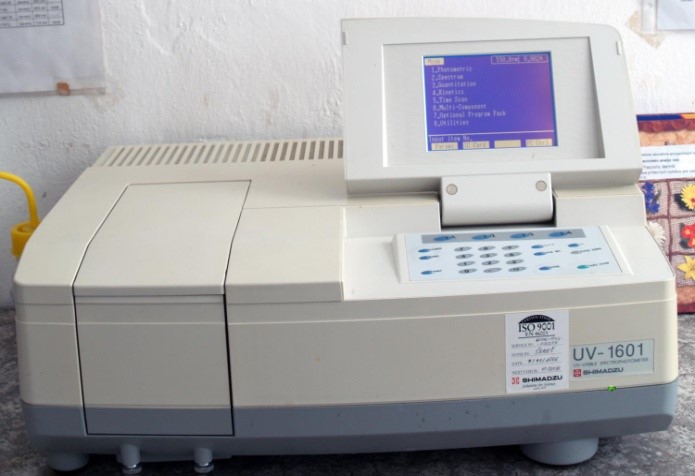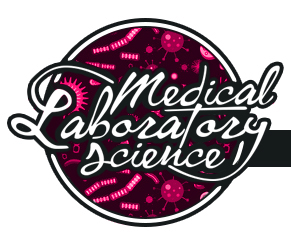Clinical Chemistry 2
Clinical Chemistry II teaches the clinical significance of the current state of analytical testing and analytical methods employed to assess the following: liver and cardiac function, carbohydrate metabolism, and diabetes, lipid and lipoprotein metabolism, iron status and protein abnormalities.

Throughout the world, hundreds of thousands of body fluid specimens are analyzed every day and the data obtained are interpreted and used in assessing the health of patients. And it is used to diagnose patients. Clinical Chemistry is one of the most important part of a laboratory. Because it is where we can know what the problem of the patient is.

Serum is always being used when testing. For example, a serum albumin test measures the amount of albumin in the patient’s blood and abnormal serum albumin levels may indicate that your kidneys or liver isn't working correctly. This is one way we determine what type of problem the patient has. That’s why Clinical Chemistry is one of the most important part of a laboratory.
|



